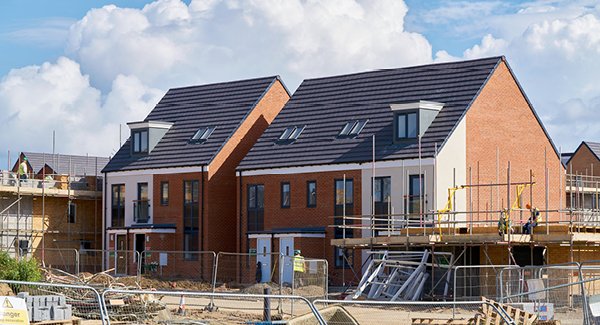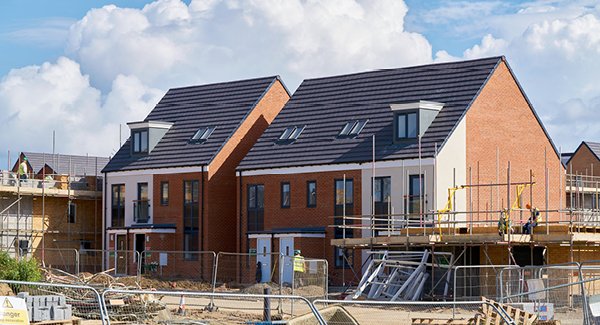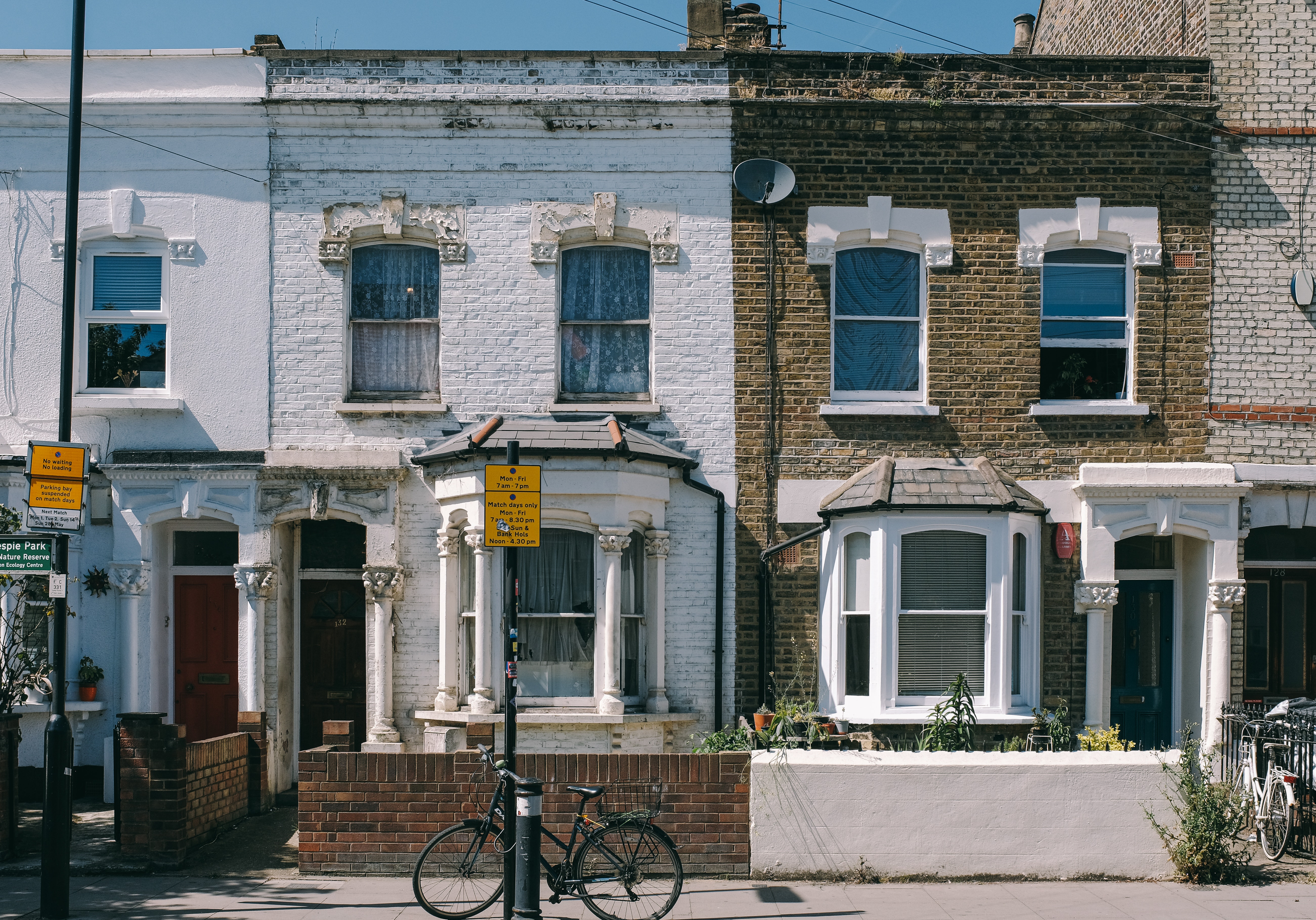Effective Strategies for Resolving Social Housing Tenant Complaints
Tenant complaints are on the rise. Housing associations must take a proactive approach to handling tenant complaints so they can be resolved promptly and sensitively.

In this blog, we’ll cover strategies for handling social housing complaints, including practical complaint handling training so you can adopt the best approach and reach a resolution that all parties are happy with.
The complaint handling code of conduct
The Housing Ombudsman Service's complaint handling code supports housing associations with handling complaints. Local housing authorities must legally sign up for the Housing Ombudsman Service and abide by its policies and the code.
This invaluable asset assists housing associations in handling complaints and improving the service they provide tenants.
Recognising a complaint
A complaint is a statement that something is wrong or unsatisfactory and may relate to the property, handling of an enquiry or communication received.
Housing associations are encouraged to resolve any disputes promptly and efficiently, preventing the possibility of the conflict progressing to a formal complaint.
Strategies for Resolving Social Housing Tenant Complaints
Alongside general awareness and dedication to resolving complaints, there are several strategies housing associations can adopt to handle complaints better.
Complaint Handling Training
Effective complaint handling is more than just acknowledging an issue and rectifying it. There are many distinctions when it comes to complaints and each of these should be addressed individually to reach the most suitable outcome.
This is where complaint handling training can help. Complaint handling training is an effective way to align approaches to complaints. A universal approach to complaint handling enables housing associations to deliver a consistent and thorough service to all their tenants.
Some key takeaways from complaint handling training:
Ask the right questions
Housing associations should ask the right questions to ascertain the problem, find a resolution and determine if the complaint contains information that could be useful in future scenarios.
Identify the type of customer you're dealing with
Each customer will have individual needs and desires that should be considered for effective complaint handling. Whether due to vulnerabilities or simply the escalation level of the complaint, each case should be handled sensitively and adapted to suit the tenant’s needs.
Respond to the customer quickly
A prompt response shows the tenant that their complaint is being taken seriously. Even if the complaint can’t be resolved immediately, effective communication will help them to feel valued.
Present a solution and verify the resolution
After carrying out the necessary actions to resolve the complaint, there should be a follow-up to ensure no ongoing or related issues.
Log the complaint to track trends
Keeping records of customer complaints enables housing associations to track potential trends in tenant behaviour. If several residents have a common complaint, it may be time to adjust policies and procedures.
Effective Complaints Portal/Logging
Housing associations should consider installing complaint handling software to better track and archive complaints. It will help staff identify trends and take a proactive approach to complaint handling.
By logging complaints, housing associations can make themselves aware of repeat issues so the complaints handling procedure can be adapted to suit the individual’s or circumstance’s needs.
Putting things right
Welcoming feedback enables housing associations to build a positive relationship with residents, learn lessons and allow ample opportunity to correct any issues promptly.
If something goes wrong, housing associations should acknowledge their mistakes and plan any actions they intend to take to rectify issues.
Housing associations should be prepared to apologise for any failures, provide explanations and inform the resident of any changes made to prevent the issue from reoccurring.
An effective complaints procedure can include:
- Acknowledging issues and where problems have arisen.
- Providing an explanation and assistance.
- Providing an apology.
- Minimising delays.
- Reconsidering or changing a previous decision.
- Adapting policies, procedures or practices to prevent future issues.
Further to addressing the complaint, housing associations must consider whether anything needs to be remedied to prevent the issue from reoccurring, either with the same tenant or in other residencies.
Final Thoughts
There are many factors to consider when handling complaints. Each complaint will differ due to varying circumstances and should be carefully considered on a case-by-case basis.
By efficiently dealing with complaints, housing associations can foster positive relationships with tenants and reach resolutions on time. Housing associations should take proactive steps to ensure that issues don’t reoccur and adapt their processes accordingly.
Proper due diligence and a good communication stream allow complaints to be handled effectively and remedies implemented to ensure residents feel supported.
To learn more about social housing complaints and the best way to handle and resolve issues, consider attending our expert-led housing complaints event. Learn about everything from standards for good complaint handling to how to manage unreasonable behaviour and more.



